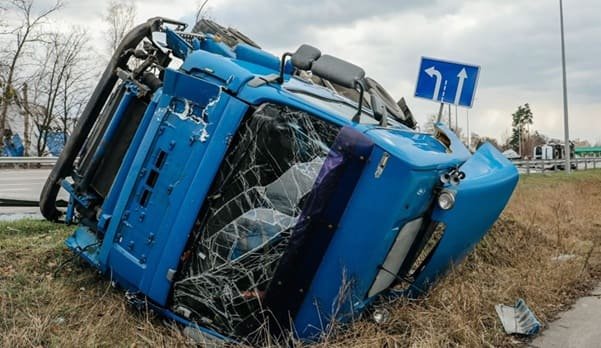Dallas is one of the most populous cities in Texas. It is a commercial and cultural hub of the region. When a truck crash happens in Texas, finding out who is at fault can be complicated. Often, more than one party shares some degree of fault. Texas handles this situation through a legal principle called modified comparative negligence.
This rule shapes how damages are awarded and affects whether and how much compensation an injured person might recover. It is vital in big cities like Dallas, where heavy traffic and large commercial trucks increase the chances of multi-party involvement in accidents.

If you are involved in an accident, working with a truck accident lawyer in Dallas can be essential. These lawyers understand Texas’s specific rules around fault allocation and how they impact compensation claims. Let’s break it down!
How Modified Comparative Negligence Works in Texas
Texas follows a modified comparative negligence system frequently called the “51% rule.” This means if you are found 51% or more responsible for causing the truck accident, you cannot recover any damages.
Nevertheless, if your fault is less than 50%, you can recover damages, but your percentage of fault will reduce the compensation. For instance, if a jury determines that a trucking company’s negligence caused 70% of the crash and you were 30% responsible, you can recover 70% of the damages.
Conversely, if you were 51% responsible, your claim would be barred entirely. This rule ensures that parties share the financial responsibility proportionally while preventing a party who primarily caused the accident from collecting damages.
Assigning Fault in Truck Crashes
Truck crashes often involve several potentially negligent parties: the truck driver, the trucking company, other motorists, or even vehicle manufacturers. To distribute fault accurately, evidence such as police reports, eyewitness accounts, traffic camera footage, and accident reconstruction experts may be used.
It is common for insurance companies to try to shift blame to minimize payouts, which makes gathering strong evidence crucial. In Dallas, where trucking accidents can lead to severe injuries and significant losses, proving fault percentages accurately affects the final compensation amount.
A knowledgeable attorney can help ensure that the right parties are held accountable and that your fault is not overstated unfairly.
Why Modified Comparative Negligence Matters
This doctrine acknowledges that accidents are rarely one-sided. It allows both victims and other involved parties to share responsibility in a way that reflects the real circumstances of the crash. Yet, it also places a firm limit: if your share of blame crosses 50%, you lose your claim.
This rule strikes a balance between fairness and accountability. It encourages all parties to be cautious but also protects seriously injured victims who bear less fault from being denied compensation altogether.
Bottom Line
Modified comparative negligence in Texas means that your right to recover damages after a truck accident depends on your share of fault. If you are 50% or less at fault, you can recover damages reduced by your percentage of responsibility.
If you are more than 50% at fault, your claim is barred. Given the complexities in determining fault in serious truck crashes, especially in a busy place like Dallas, having legal guidance is critical to navigate these rules and protect your interests.

